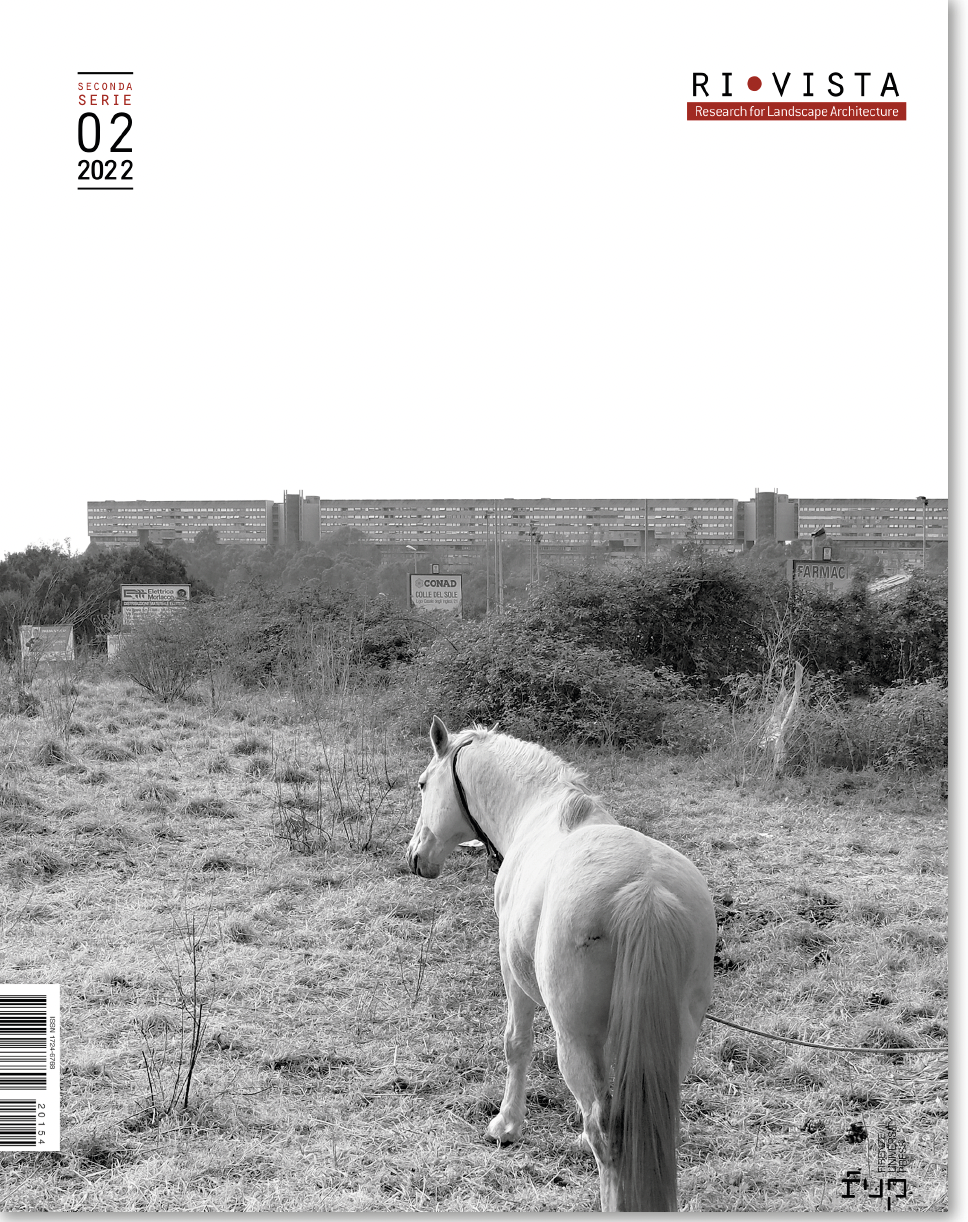The framework raises a multiplicity of issues engaged by the landscape project: the conservation of species and ecosystems of the biosphere; the environmental rehabilitation of degraded terrestrial and marine areas; the equitable management of ancestral lands and the rights of indigenous peoples; the protection of cultural landscapes and the support for local communities; the abandonment of both the unsustainable exploitation of the territories, as well as their musealisation and vernacularisation in the service of global tourism; the enhancement of the ecological contributions from degraded, exploited or underutilized areas, on the inhabited edges or in the operational hinterlands of planetary urbanization; the assisting of contemporary anthro-ecological systems towards new forms of equilibrium, conventionally defined by the terms of sustainability and resilience.
In short, the Kunming-Montreal agreement urges us to imagine new forms and patterns for the evolution of urban and rural spaces while securing ambits for the resurgence of nature. In the evoked colossal, collective enterprise, the trans-disciplinary project of the contemporary landscape seems to have the opportunity to conquer vast fields of action and a key role that exceeds both the technical operations of environmental engineering and the taxidermy of natural and cultural conservation. The landscape project is, in fact, bound to implant a new meaning upon compounds of the planet, either tiny fragments hidden in forgotten interstices, vast settled or productive expanses, logistic corridors, or segments of natural systems. This issue of Ri-Vista aims to collect cases, experiences, and reflections, from the local to the geographical scale, in which the landscape project succeeds in grounding new narratives and new topologies into the land, scenarios of re-signification of places and nature-society dynamics, and, by that, new meanings for our living on the Earth.
Keywords:
Kunming-Montreal Framework; integrated anthro-ecological system; biosphere conservation; cultural landscapes; contemporary landscape project; re-signification of places.
Edited by Roberto Pasini, Maarit Ströbele, Cristina Imbroglini
The call is open until December 31st 2023
To submit your full paper, please go to our submission platform: https://oaj.fupress.net/index.php/ri-vista/about/submissions
Registration and login as Author with the Ri-Vista system is required to submit and follow the submission process online. Later, the account is necessary for following the status of your submission. The proposals have to be unpublished and written in Italian or English; the text can be of 20,000 to 30,000 characters, including spaces, title, authors, abstract, keywords, captions and references. The proposals have to include a minimum of 5 — a maximum of 10 pictures with good definition (at least 300 dpi/inch and 25 cm the smallest side) free from publishing obligations or accompanied with the specific permission.
The selected papers will be published in the thematic section of the 1|2024 issue of Ri-Vista.
Download the PDF of the Call (ita/eng)

